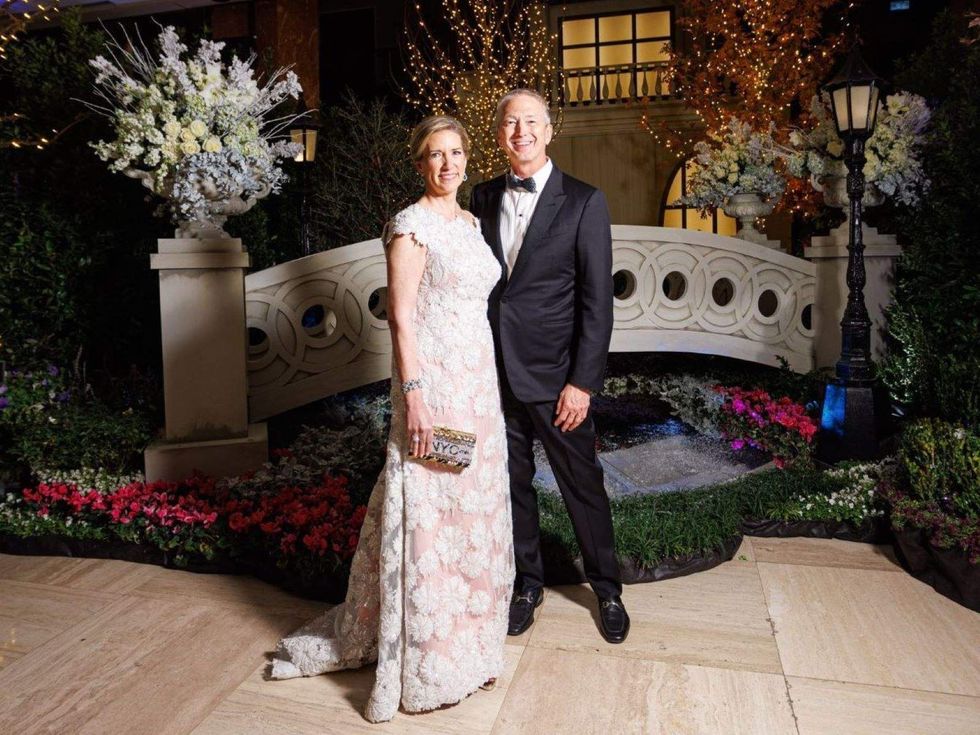Editor's note: Guy Fieri is back in this week's most popular stories. Plus: the latest Dallas restaurant openings and closings and a peek inside the glamorous 2024 Crystal Charity Ball. Here are the most-read Dallas stories of the week.
Find the best things to do in Dallas this weekend here.
1. Which 7 Dallas restaurants did Guy Fieri visit for Diners Drive-ins & Dives. Celebrity chef Guy Fieri came to Dallas on December 7 — officially on a meet-and-greet in support of Santo Spirits, a tequila brand he owns in partnership with rocker Sammy Hagar. But the visit was also an opportunity for Fieri to spotlight a new round of restaurants in Dallas on Diners, Drive-ins, and Dives, his massively popular long-running show on the Food Network.
2. 12 restaurants in Dallas that have either just opened or just closed. In the inevitable ebb and flow of Dallas restaurants, openings and closings are part of the deal — often coming at the end of the year, when restaurateurs, like the rest of us, take stock of the future. Here's a roundup of Dallas restaurant openings and closures.
3. Where to drink in Dallas: 7 holiday drink specials for December. Dallas in December is brimming with holiday festivities, and that includes cocktails: from over-the-top pop-up bars to extravagantly priced cocktails to drinks with a festive Christmas theme. This edition of Where to Drink covers all that and more.
4. Glimpse all the gowns and glamour of Dallas' Crystal Charity Ball 2024. Crystal Charity Ball 2024 whisked Dallas patrons away on an opulent "New York Holiday." In choosing to bring the Big Apple to Big D with her theme, ball chairman Cheryl Joyner had imagined “the beauty of fresh snow, peeking into the elaborately decorated windows on Fifth Avenue, and strolling through Central Park with a chill in the air." It was all of that, kicked up a notch with a spectacular Rockettes-style dance show, too.
 Crystal Charity Ball 2024 chairman Cheryl Joyner and Richard Joyner.
Photo by Ashley Gongora
Crystal Charity Ball 2024 chairman Cheryl Joyner and Richard Joyner.
Photo by Ashley Gongora
5. Donatos Pizza totes its unique crust to new location in Flower Mound. A pizza chain with a quirky obsession on its crusts is coming to Flower Mound: Donatos Pizza, the franchise famous for spreading its toppings to the very edge of the pizza, will open a location at 1400 Long Prairie Rd. #160 on December 17.


 Crystal Charity Ball 2024 chairman Cheryl Joyner and Richard Joyner.
Photo by Ashley Gongora
Crystal Charity Ball 2024 chairman Cheryl Joyner and Richard Joyner.
Photo by Ashley Gongora